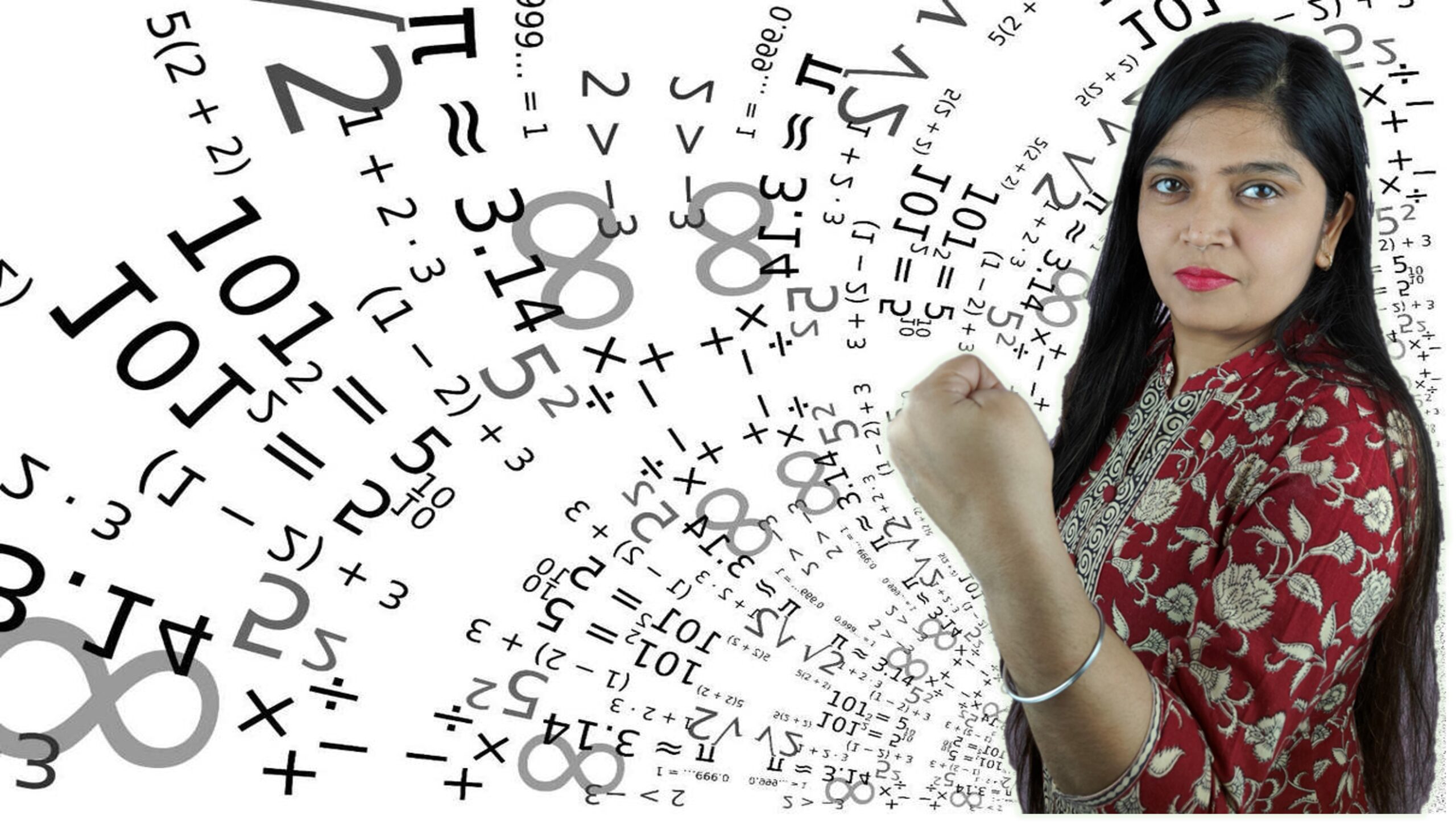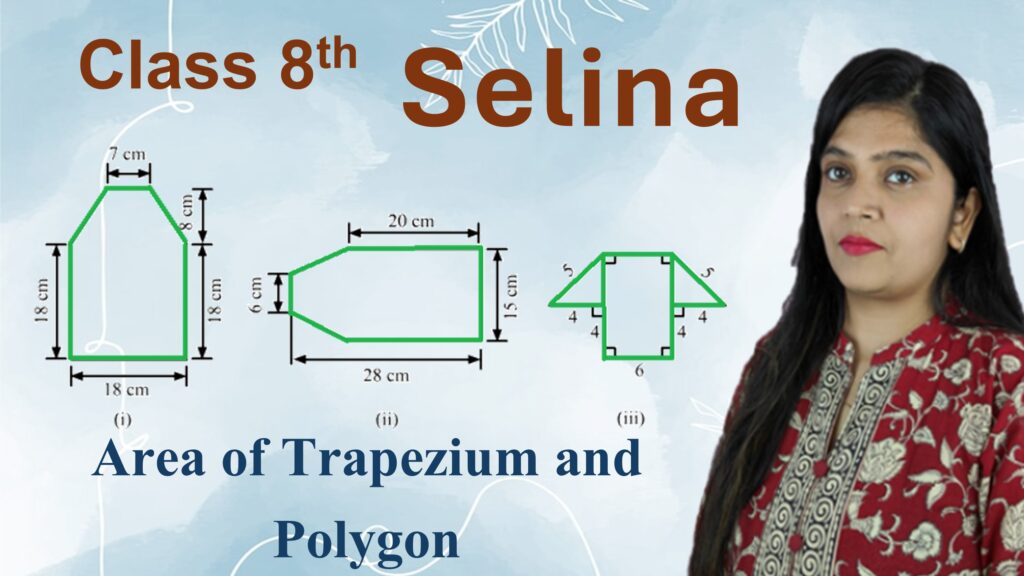Exercise: 1-A
Q1: Write the numeral for each of the following :
i. Eight lakh five thousand twelve
= 8,05,012
ii. Thirteen lakh three thousand eight
= 13,03,008
iii. Three crore three lakh three thousand three
= 3,03,03,003
iv. Five crore twelve lakh eighteen
= 5,12,00,018
v. Nine crore nineteen lakh five thousand eight
= 9,19,05,008
vi. Six crore thirty five lakh nineteen thousand sixteen
= 6,35,19,016
vii. Eleven crore twenty two lakh thirty three thousand four hundred fifty
= 11,22,33,450
Q2: Write each of the following in words :
i. 8,08,080
= Eight lakh eight thousand eighty
ii. 15,07,063
= Fifteen lakh seven thousand sixty-three
iii. 87,08,109
= Eighty-seven lakh eight thousand one hundred nine
iv. 2,14,05,063
= Two crore fourteen lakh five thousand sixty-three
v. 3,03,03,103
= Three crore three lakh three thousand one hundred three
vi. 10,06,05,368
= Ten crore six lakh five thousand three hundred sixty-eight
Q3:
i. Write the place value of 4 in 8,46,572:
4 is in the ten-thousands place.
Place Value = 4 × 10,000 = 40,000
ii. Write the place value of 7 in 7,30,493:
7 is in the lakhs place.
Place Value = 7 × 1,00,000 = 7,00,000
iii. Write the place value of 6 in 23,76,400:
6 is in the thousands place.
Place Value = 6 × 1,000 = 6,000
iv. Write the place value of 9 in 19,63,605:
9 is in the ten lakhs place.
Place Value = 9 × 1,00,000 = 9,00,000
v. Write the place value of 8 in 20,07,189:
8 is in the tens place.
Place Value = 8 × 10 = 80
vi. Write the place value of 3 in 23,608:
3 is in the thousands place.
Place Value = 3 × 1,000 = 3,000
Q4: Find the difference between the place-values of two sixes in 6,56,348.
One 6 is in the lakhs place, another 6 is in the thousands place.
6 × 1,00,000 = 6,00,000
6 × 1,000 = 6,000
Difference = 6,00,000 – 6,000 = 5,94,000
Q5: Find the difference between the place-value and the face-value of 8 in the numeral 5,86,273.
8 is in the ten-thousands place.
Place Value = 8 × 10,000 = 80,000
Face Value = 8
Difference = 80,000 – 8 = 79,992
Q6: Write each of the following in expanded form:
i. 5,16,287
= (5 × 1,00,000) + (1 × 10,000) + (6 × 1,000) + (2 × 100) + (8 × 10) + (7 × 1)
ii. 13,25,694
= (1 × 10,00,000) + (3 × 1,00,000) + (2 × 10,000) + (5 × 1,000) + (6 × 100) + (9 × 10) + (4 × 1)
iii. 8,08,808
= (8 × 1,00,000) + (8 × 1,000) + (8 × 100) + (8 × 1)
iv. 64,72,319
= (6 × 10,00,000) + (4 × 1,00,000) + (7 × 10,000) + (2 × 1,000) + (3 × 100) + (1 × 10) + (9 × 1)
v. 1,36,04,107
= (1 × 1,00,00,000) + (3 × 10,00,000) + (6 × 1,00,000) + (4 × 1,000) + (1 × 100) + (7 × 1)
vi. 9,36,50,519
= (9 × 1,00,00,000) + (3 × 10,00,000) + (6 × 1,00,000) + (5 × 10,000) + (5 × 100) + (1 × 10) + (9 × 1)
Q7: Write the number corresponding to each of the following:
i. (5×1,00,000)+(1×10,000)+(4×1,000)+(7×100)+(3×10)+(8×1)
= 5,14,738
ii. (6×1,00,000)+(6×1,000)+(3×10)+(6×1)
= 6,06,036
iii. (1×10,00,000)+(2×1,00,000)+(3×10,000)+(4×100)+(6×10)+(9×1)
= 12,30,469
iv. (2×10,00,000)+(3×1,00,000)+(7×1,000)+(9×100)+(4×10)+(5×1)
= 23,79,945
v. (9×10,00,000)+(8×1,000)+(8×100)+(8×1)
= 90,08,888
Q8: Write the successor of each of the following:
i. 6,001
→ 6,002
ii. 1,099
→ 1,100
iii. 12,749
→ 12,750
iv. 2,19,708
→ 2,19,709
v. 62,399
→ 62,400
Q9: Write the predecessor of each of the following numbers:
i. 99
→ 98
ii. 1,305
→ 1,304
iii. 32,000
→ 31,999
iv. 1,65,000
→ 1,64,999
Q10: Write the whole number whose successor is:
i. 100
→ 99
ii. 6,299
> → 6,298
iii. 71,650
→ 71,649
iv. 42,000
→ 41,999
Q11: Write the whole number whose predecessor is:
i. 1,000
→ 1,001
ii. 3,189
→ 3,190
iii. 3,001
→ 3,002
iv. 8,000
→ 8,001
v. 9,999
→ 10,000
Q12: Write down three consecutive whole numbers succeeding 72,597.
72,598, 72,599, 72,600
Q13: Write down three consecutive whole numbers just preceding 5,10,001.
5,10,000, 5,09,999, 5,09,998
Q14: How many 6-digit numbers are there in all?
Largest 6-digit number = 9,99,999
Smallest 6-digit number = 1,00,000
= 9,99,999 – 1,00,000 + 1 = 9,00,000
Q15:
i. Write the largest 8-digit number.
9,99,99,999
ii. Write the smallest 8-digit number.
1,00,00,000
Q16: Write all possible 2-digit numbers formed by the digits 3, 7 and 9, when repetition of digit is not allowed.
= 37, 39, 73, 79, 93, 97
Q17:
i. Write all possible 3-digit numbers that can be formed by the digits 1, 3 and 7, using each digit only once in each number.
= 137, 173, 317, 371, 713, 731
ii. Write all possible 3-digit numbers that can be formed by the digits 9, 2 and 0, using each digit only once in each number.
= 209, 290, 902, 920
Q18:
i. Write the smallest 4-digit number that can be formed by the digits 0, 1, 3 and 6, using each digit only once.
= 1036
ii. Write the greatest number that can be formed by the digits 0, 2, 7 and 5, using each digit only once.
= 7520
Q19: Write the smallest 4-digit number of four different digits.
= 1023
Q20: Write the greatest 4-digit number of four different digits.
= 9876






Leave a Comment